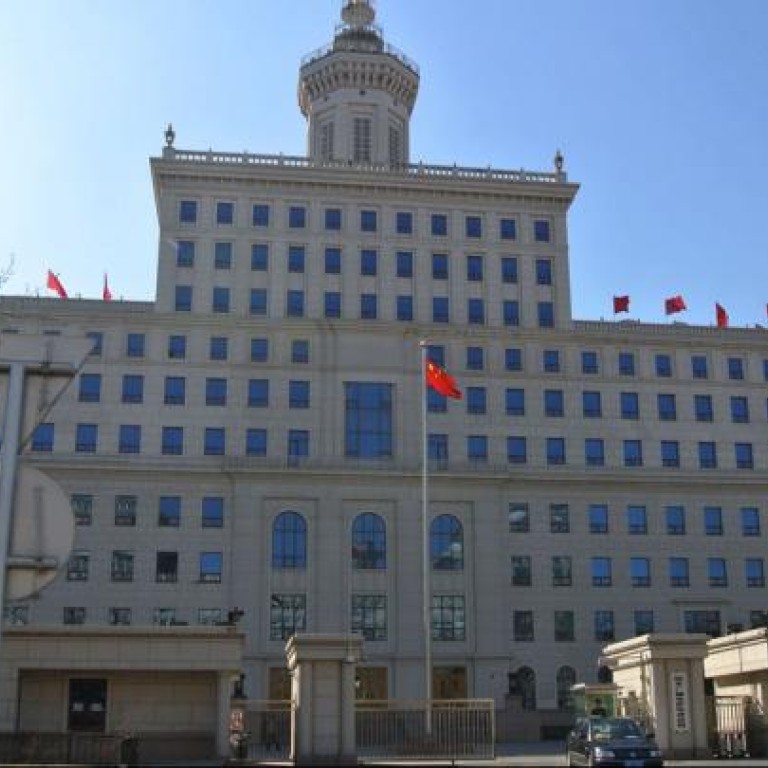
Unwieldy agency name speaks volumes about Beijing's bloat
Choice of title for new media organ was seen as having undercut central government's pledge to streamlineits vast bureaucracy
Chinese people often take a great deal of care when naming an individual or an institution, delving into dictionaries or seeking help from linguists to choose the right characters for a name.
However, the cumbersome, 14-character name initially announced last week for the mainland's new press and broadcasting administration, was widely criticised, with detractors quickly seizing upon its length as a metaphor for the bloated bureaucracy.
The State General Administration of Press, Publications, Radio, Film and Television - formed by merging the State Administration of Radio, Film and Television (Sarft) and the General Administration of Press and Publications (GAPP) - was approved at the National People's Congress last week.
The merger is part of a long-awaited restructuring plan, amid rising public discontent over the ever growing central administration, one seen as rife with excessive bureaucracy and inefficiency.
The government eventually shortened its Chinese name to 10 characters - but not before a heated discussion ensued in social media and the press about the long-winded names of mainland government agencies.
"How awkward the name will sound and what a waste of paper and ink it will be if it's printed out," one internet user said.
The reported how reaction to the name sparked a campaign to find the longest and weirdest names for government agencies.
One internet user said they had found a 45-character name for a Hubei provincial government office for promoting energy efficiency in the provincial capital, Wuhan , and adjacent cities.
Another topped that, saying they had discovered a 51-character name for an Urumqi government office overseeing school safety in the far-western city's hi-tech development zone.
But that record proved just as short-lived, with another internet user claiming to have tracked down the name for a government administration in the Shennongjia scenic zone in Hubei that ran to 61 characters.
The also compiled a list of some of the weird names of mainland government agencies, ranging from a Zhengzhou city government office overseeing the steamed bread market to a Wuhan government office tasked with cracking down on slack officials.
Xinhua said on one of its microblogs that while a government agency's name appeared to be of little significance, it reflected how the authorities perceived their power and responsibilities.
"What lies behind the phenomenon is that officials are still trying to hold onto what they used to control," it said. "So a true deregulation of a government agency should begin with a simplified name."
Meanwhile Sarft deputy director Zhang Pimin said a good name required thought and an international perspective. "Otherwise it will be laughed at," he said.
While the Chinese name of the new press and broadcasting agency has been cut down following the public uproar, no official English version of the new name has yet been released.
Shenzhen's newspaper said that government institutions were given such long names when they were restructured because those in charge were afraid of upsetting vested interests.
"So a long name for a government agency is as harmful as empty talk because it will lead many to lose their ability to judge and learn," it said. "How could the public trust such a department and its ability to perform its duty?"
